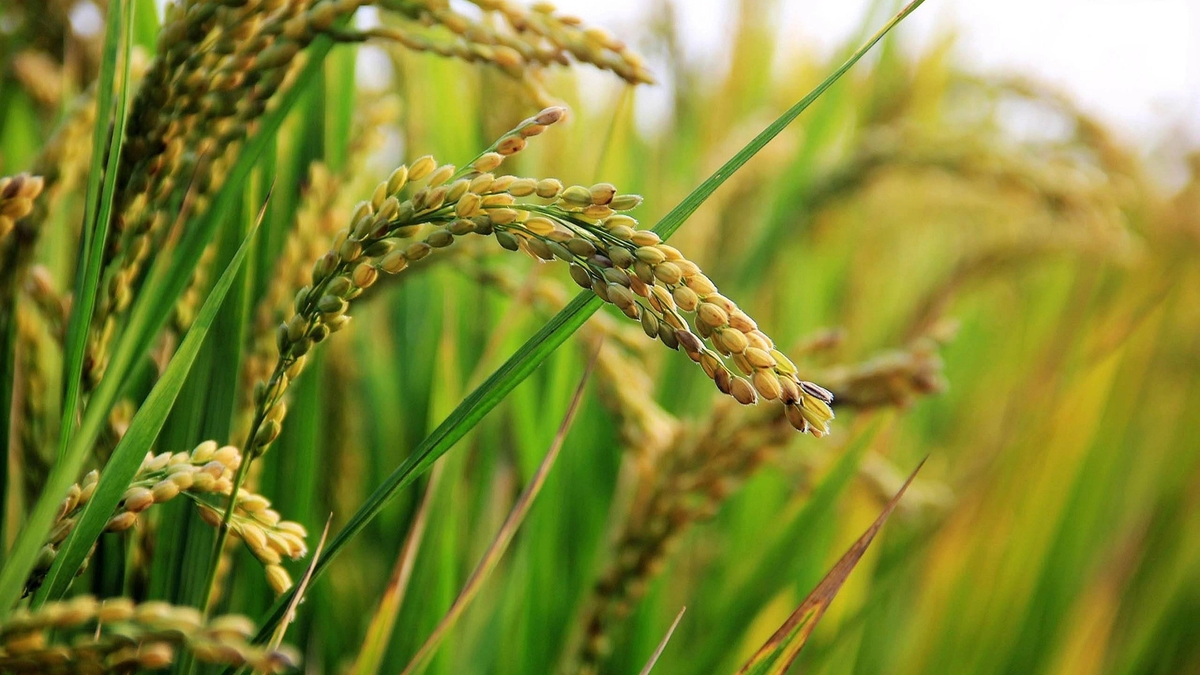Lula da Silva’s government opened the doors to rice from around the world in response to “speculative increases” by the partners of the regional bloc.
Brazil announced that it will eliminate duty of rice to guarantee the internal supply of this product after the terrible floods it suffers affected, above all, the main rice-growing state Rio Grande do Sul. The measure was taken as a strong message to its partners in the Mercosur, how does this affect Uruguay?
The content you want to access is exclusive to subscribers.
The government headed by Luiz Inácio Lula da Silva temporarily removed the rice import tariffsa measure that, until now, only reached the partner countries of the Mercosur. In this way, purchases of cereal from the rest of the world will also be tax-free, with the aim of avoiding problems of shortage or a price increase of the product in the Brazilian domestic market.


A message for Mercosur
The provision published in the official gazette on Tuesday not only responds to a need – or forecast – regarding the rice supply in Brazil, but also a clear message to Uruguay, Argentina and Paraguay that the same Minister of Agriculture of the northern country, Carlos Fávaro, put into explicit words: “We gave a demonstration to the Mercosur that, if you want to speculate, we look for (rice) somewhere else.
This is because, as the Brazilian leader explained in an interview with the g1 site, rice prices rose by up to 30%, driven by what appears to be speculation. The elimination of tariffs, then, is “avoiding the financial speculation and stabilize the price of the product in markets throughout the country.” Both with internal and external actors, even if they are the partners of the regional bloc.
How does this affect Uruguay?
The total elimination, although temporary, of tariffs on rice occurs after President Lula da Silva asked in Congress for a special permit to import this grain from the countries of the Mercosur, for a total of up to 1 million tons.
For Uruguayan producers, this had been good news, in a context of a good harvest after the year of drought and a rise in international prices due to the reduction in the offer available before the floods in Brazil. However, there was also concern about how the local rains would affect the harvest, of which 90% had already been harvested, with some 15,000 hectares remaining in an uncertain state.
In any case, the president of the Rice Growers Association (ACA), Alfredo Lagostressed that, despite the difficulties and losses, it is a good harvest because the yield will still be historically high, close to 9,000 kilos per hectare, and because 50% of the grain has already been sold at prices that have been improving week after week.
This scenario includes the Brazilian decision and the inevitable appearance of new competitors for a large and unexpected market share that, for Uruguay, represents almost all of its rice harvest. Although there is no possibility that national production can cover all of the demand in the northern country, it was another window of opportunity for local producers. It will be necessary to see if it can remain open or if Uruguayan rice growers prefer to look for the more competitive prices of the international market.
Source: Ambito




